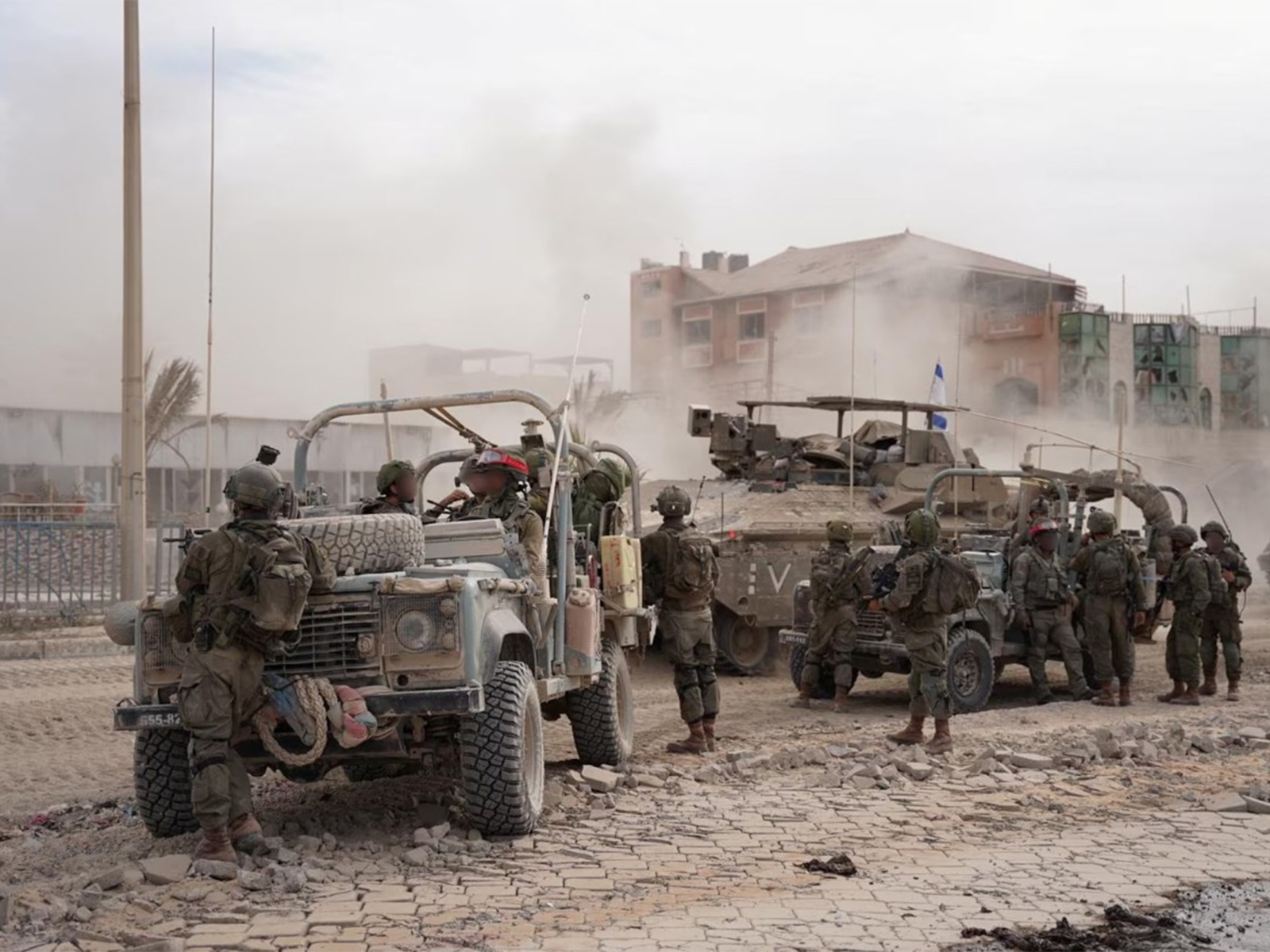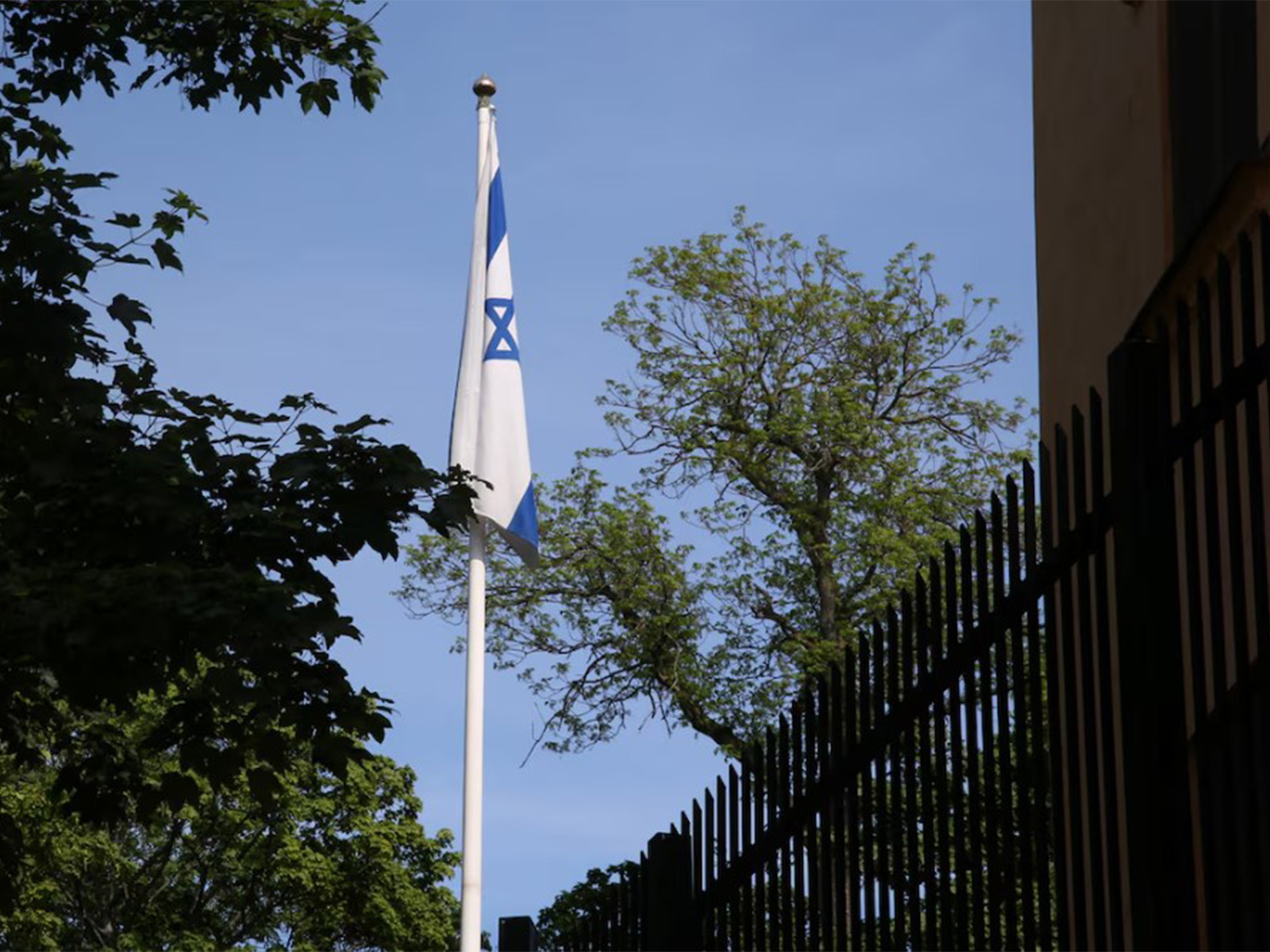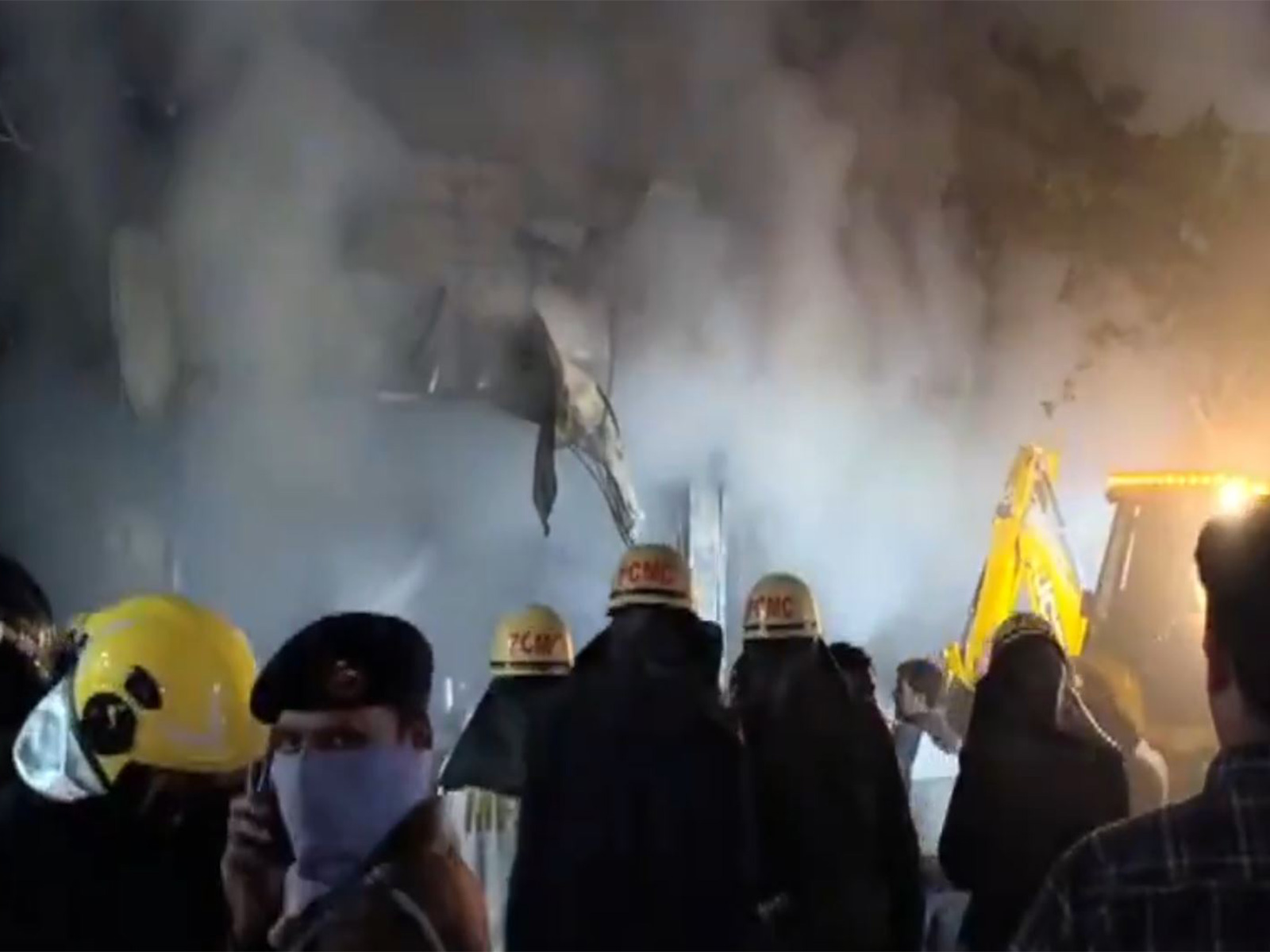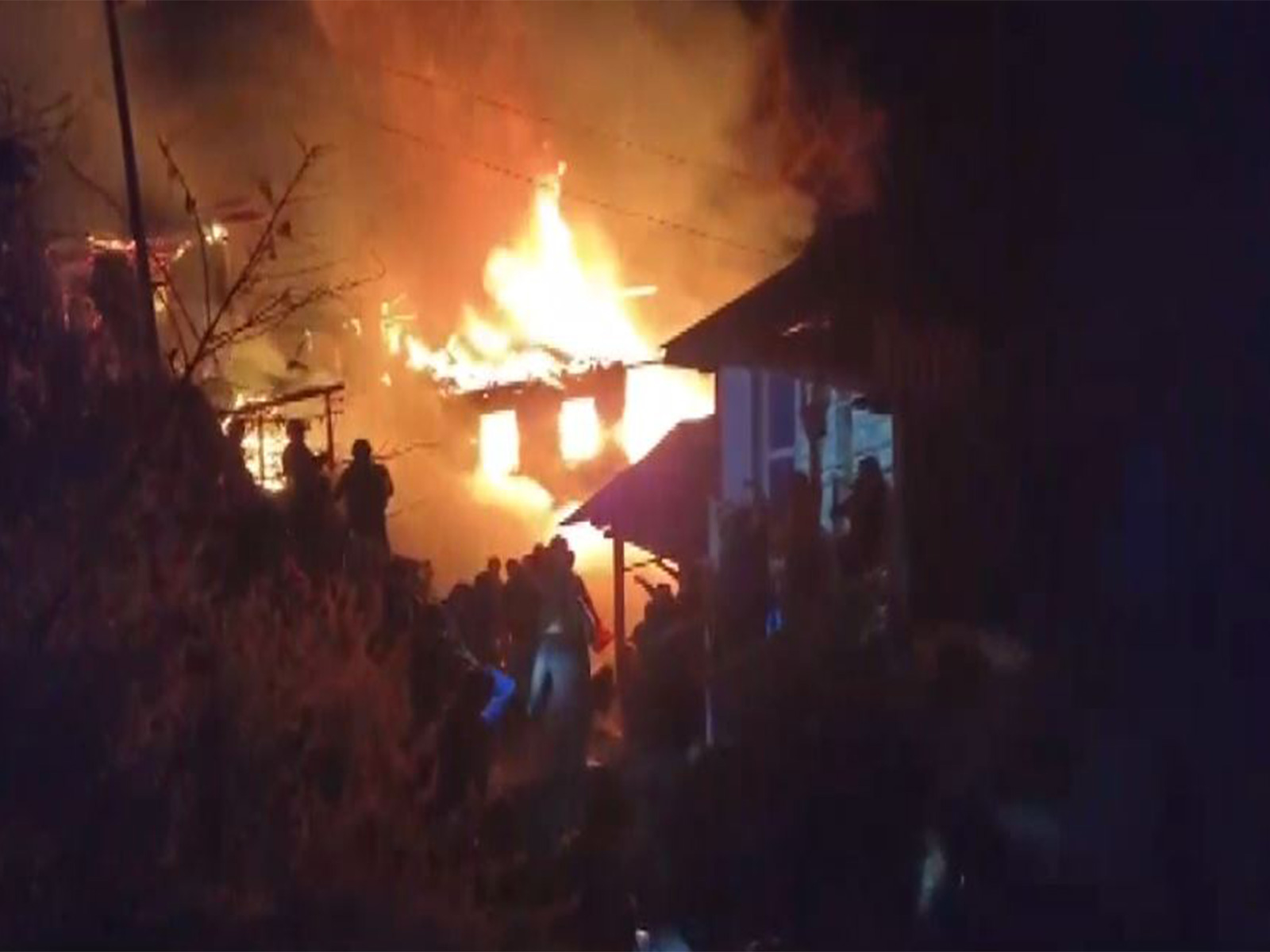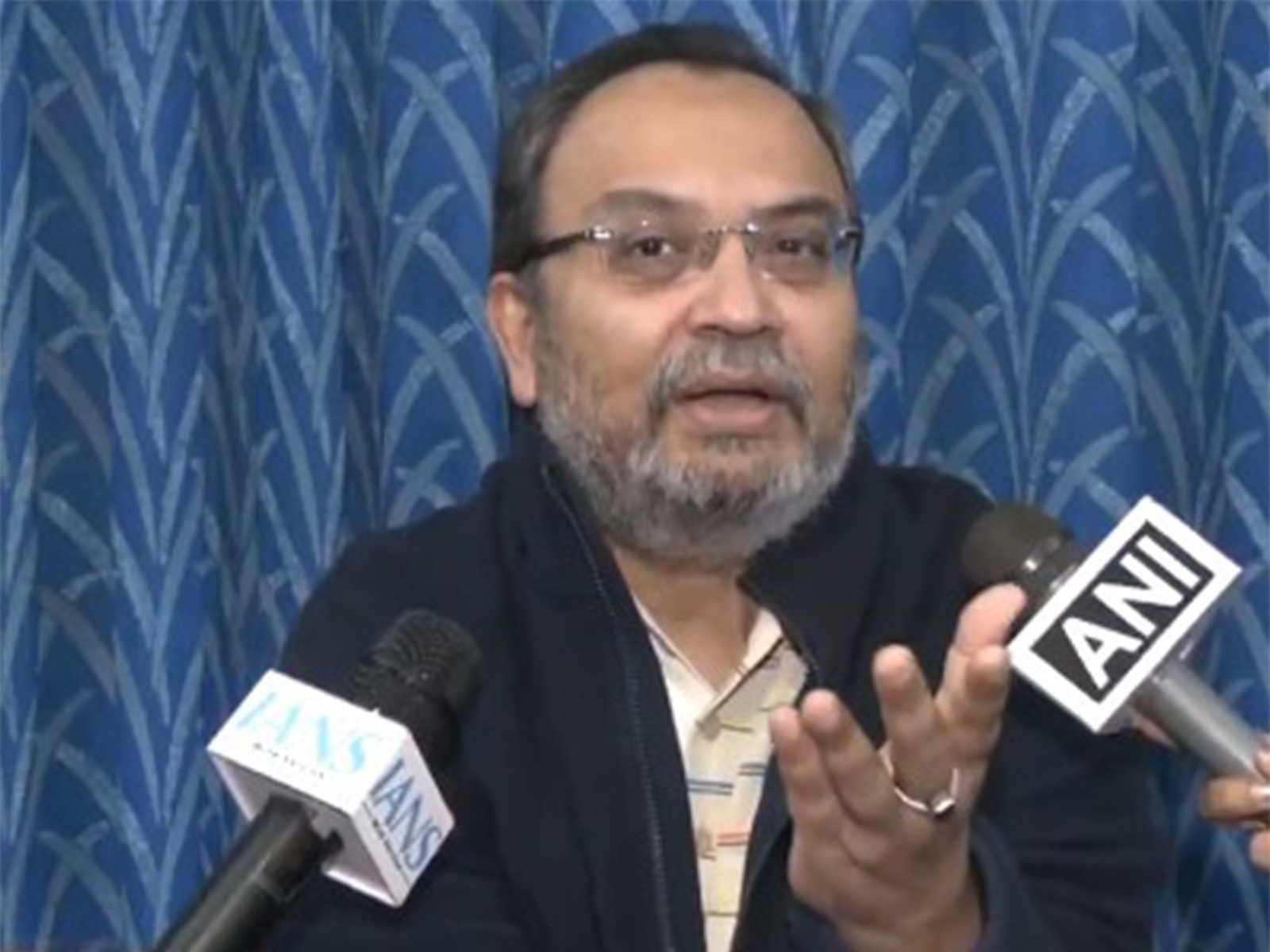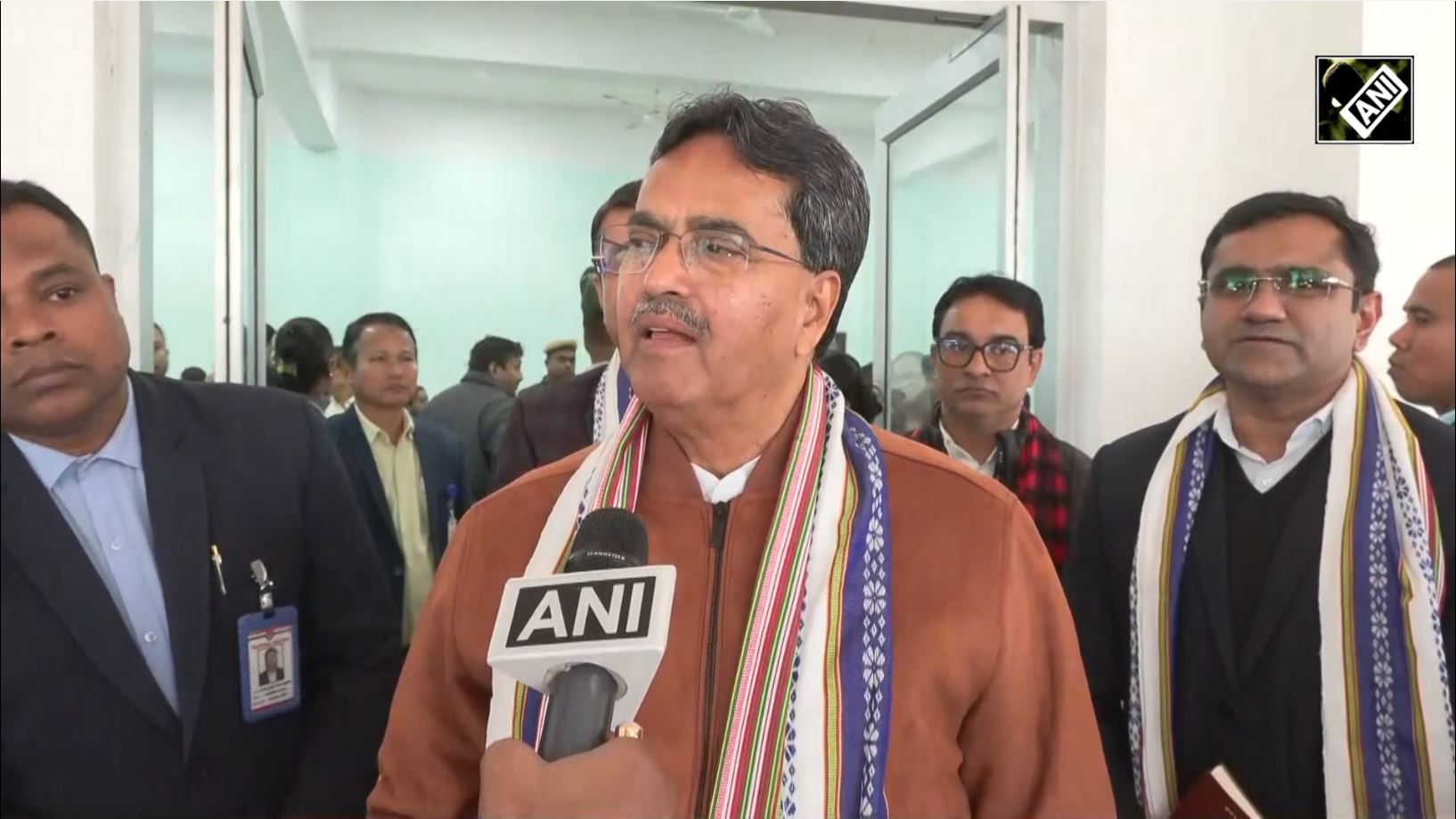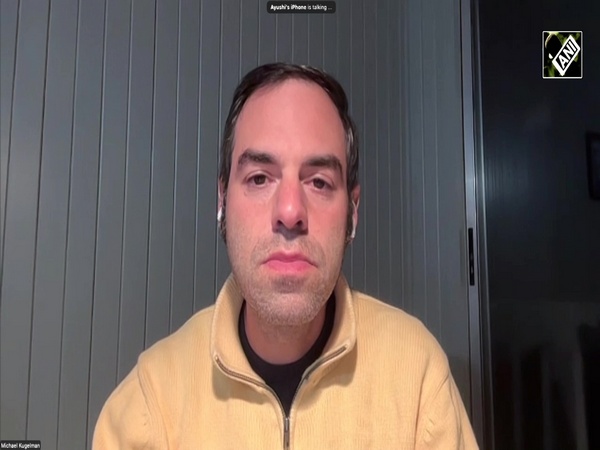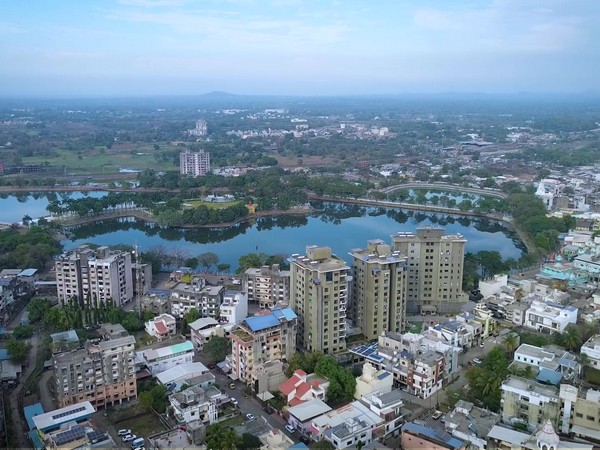"Counter action" if Tehran’s right to Helmand River water not honored: Iranian MP
Aug 29, 2023

Kabul [Afghanistan], August 29 : A member of the Iran parliament Fida Hussain Maliki has said that if Tehran’s right to Helmand River water is not honoured, a "counter-action" would be taken, TOLO News reported.
TOLO News is an Afghan news channel broadcasting from Kabul.
Maliki in an interview with an Iranian media organization, said the ruling Taliban government in Afghanistan should know that Iran has provided a lot of leverage to Afghanistan.
Political analysts, meanwhile, said that the two countries should sit together to find a solution to the water rights issue.
A political analyst, Sayed Akbar Sial, said: “It has a negative impact. It is the responsibility of the governments to sit together with the mediation of a delegation to find a solution.”
But Afghanistan said that it doesn’t want a dispute with any country and that it is committed to the water treaty of 1973 signed between Afghanistan and Iran.
“The nations that are located across the border, either this side or the other side, they are our brothers. They are Muslims and we hope this issue can be solved through other paths. May the rainfalls happen and the problems of the two sides be solved,” said Bilal Karimi, Taliban-appointed deputy spokesman of Afghanistan, as per TOLO News.
Earlier, Iran had said that water rights are at the top of its diplomatic priorities.
The Helmand River is the longest river in Afghanistan. Iran and Afghanistan signed a treaty on sharing Helmand's water resources in 1973. Helmand’s water, however, continues to remain a topic of dispute between the two.
In June this year Iranian and Afghan Taliban forces clashed on the border resulting in two deaths and several wounded as tensions surrounding water rights took a violent turn.
The dispute between the two countries revolves around the Helmand River, which flows southwest from the Hindu Kush mountains in east-central Afghanistan and across more than half the length of the country. Iran depends heavily on this water for farmland irrigation and has recently alleged that Afghanistan was limiting the supply.

